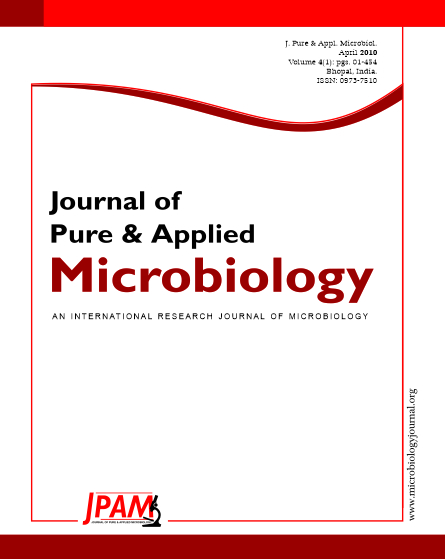A large use of petroleum sourced fuels is now widely recognized as unsustainable because of depleting supplies and the contribution of these fuels to the accumulation of carbon dioxide in the environment. Renewable, carbon neutral, transport fuels are necessary for environmental and economic sustainability. Biodiesel, as an alternative fuel, has many merits. Microalgae are unicellular biofactories that can make oil (TAGs) from sunlight and CO2. Approaches for making algal biodiesel economically competitive with petrodiesel are being reported earlier. But better algae strains will be needed if algae-derived biofuels are to achieve their potential. There is a need ‘to enhance growth rates, to reduce the cost of oil extraction and reduce the cost of nutrients’.An alga (Cladophora glomerata) isolated from Mutha-Mula complex (Sangam Bridge) in Pune (India) was subjected to various stressful conditions and studies were carried out to determine whether they are beneficial or detrimental to the amount of oil content present in the alga. The study showed out that mutation by exposure to UV radiation brought about certain enhancing changes with 5 min UV exposure. The exposure to electric current did not show any enhancing effects. It showed a gradual reduction in the algal oil content as compared to the standard reading. The biomass obtained was more in the electric current passage studies as compared to the biomass content in UV radiation studies.
Algae, biodiesel, algal oil, lipids, Triacylglycerol
© The Author(s) 2010. Open Access. This article is distributed under the terms of the Creative Commons Attribution 4.0 International License which permits unrestricted use, sharing, distribution, and reproduction in any medium, provided you give appropriate credit to the original author(s) and the source, provide a link to the Creative Commons license, and indicate if changes were made.


